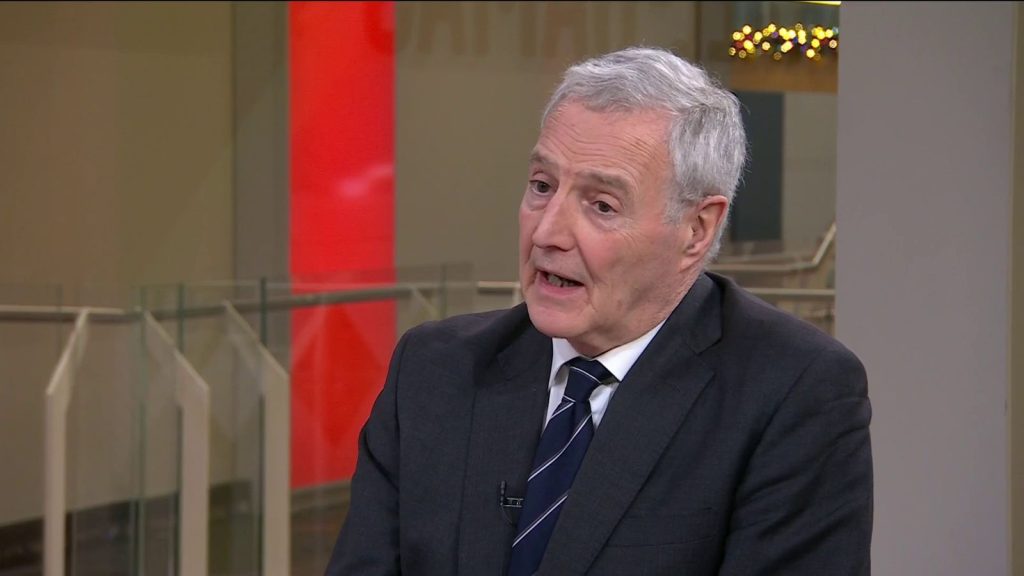British defence expert Professor Michael Clarke has said that Pakistan military strength caught India by surprise. He made this statement during an interview with a UK news outlet on Saturday.
According to Clarke, India did not expect such strong resistance. Pakistan’s advanced military capability shocked Indian officials, especially its use of Chinese technology. He said, “The Indians might have been surprised by the hardware that the Pakistanis brought to bear.”
Clarke pointed out Pakistan’s use of J-10 fighter jets during the clashes. One of those jets, he said, likely downed a Rafale jet — a top French-made aircraft in India’s fleet. He also mentioned the use of HQ-9 anti-aircraft missiles by Pakistan. These missiles, based on Chinese designs, were reportedly very effective in the recent skirmish.
The defence analyst added that India had expected tough talk from Pakistan’s military chief, General Asim Munir. However, what really shocked them was the strength of Pakistan’s forces. He said India had hoped to “teach Gen Munir a lesson” and show they were ready to escalate. As part of this response, India deployed a powerful naval group from its Western fleet. That fleet is now positioned just 300 miles off Karachi’s coast — a move seen as a serious threat.
Michael Clarke also said both countries received pressure from the international community. He credited the Trump administration, especially Secretary of State Marco Rubio, for their role in de-escalating the conflict. Clarke admitted the US came into the picture late, but their involvement made a difference.
President Donald Trump later confirmed that India and Pakistan agreed to a “full and immediate ceasefire.” Pakistan’s foreign minister also said both sides had committed to halt the violence. India’s foreign ministry confirmed the ceasefire would begin at 5:00 pm local time.
The recent conflict started on May 7 when India carried out a deadly cross-border attack that killed at least 31 civilians. In a swift response, Pakistan’s air force shot down five Indian jets, including three Rafale aircraft, and destroyed many drones.
On Saturday morning, Indian forces targeted Pakistani airbases. The Pakistan army immediately responded. In a major success, Pakistan’s JF-17 Thunder jets launched hypersonic missiles. These missiles destroyed India’s S-400 system at the Adampur airbase. That system, worth around $1.5 billion, was considered India’s best air defense shield.
The strike also damaged the airbase itself, showing the depth of Pakistan’s military power. The Pakistan military strength on display has now forced both sides to step back — at least for now.


